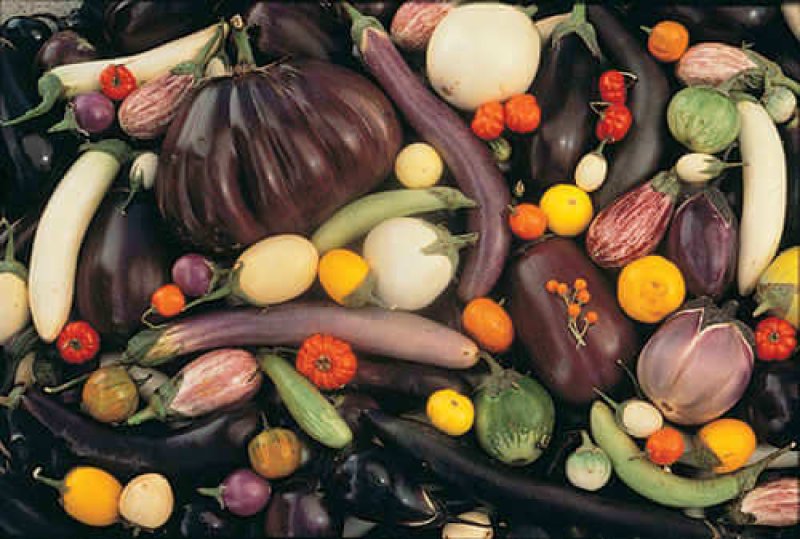An international team led by researchers at The University of Manchester have discovered why some plants “live fast and die young” whilst others have long and healthy lives.
The study, published in Science Advances, also helps us understand how plant diversity is maintained. This, in turn, could help improve nature conservation, natural habitat restoration and growing healthier crops.
It seems the answer is hidden beneath our feet in the complex relationships between soil microbes and plant roots. Scientists have long suspected that the key to explaining plant diversity lay with their enemies, including harmful fungi found in the soil.
…
By using new molecular techniques and existing knowledge on what different fungi do in soil, the researchers found that some plants harbored dozens of different harmful fungi in their roots, while others kept harmful microbes at bay and attracted many beneficial fungi that boost plant health.
Lead author, Dr Marina Semchenko, from the University’s School of Earth and Environmental Sciences (SEES) said: “When walking through a flower-rich meadow, you might wonder why so many different plants grow together and no single plant dominates. We found that plant growth is strongly controlled by how many different harmful and beneficial fungi are attracted to plant roots.”
Read full, original article: Why do some plants live fast and die young?































